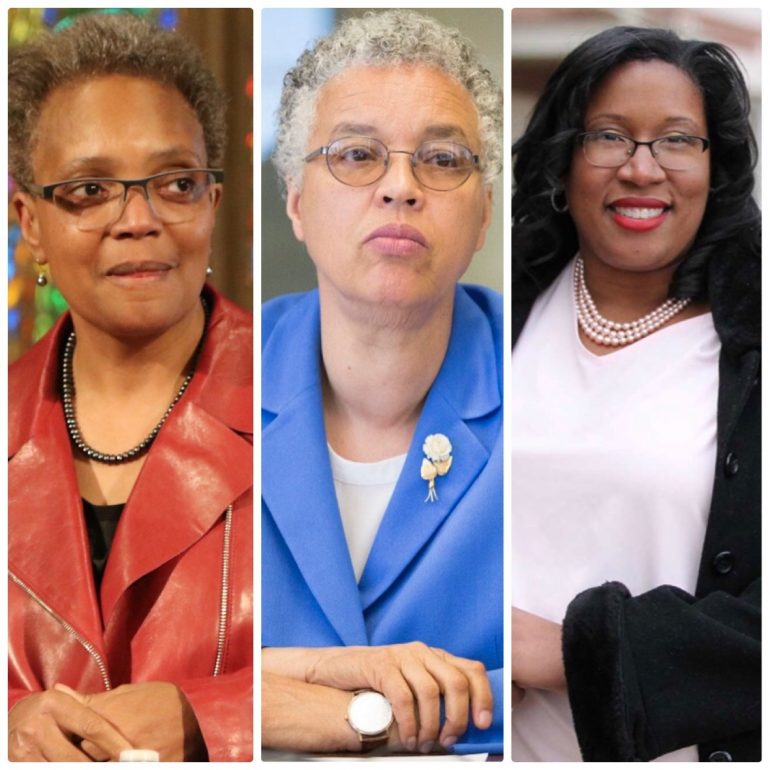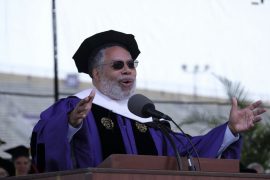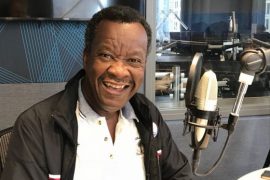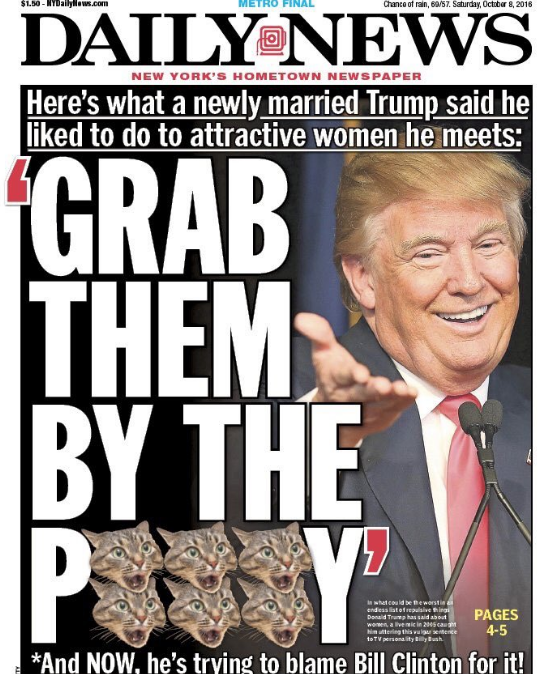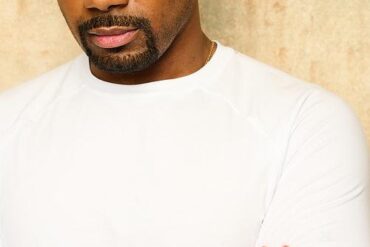For the first time politically, Chicago’s Black community is in a win/win situation.
On April 2, with two Black women candidates in a runoff election, we make history with the first ever-Black woman as mayor of America’s third most populous city.
For the first time, we have a choice where Black Chicago does not lose. In the best-case scenario, one Black woman candidate returns full-time to being President of the Cook County Board while the other Black woman candidate emerges to run City Hall. It’s not a bad thing to have Black leadership in both positions.
Additionally, Blacks serve in the capacity of State’s Attorney, Kim Foxx; Jesse White, Secretary of State; Juliana Stratton, Lieutenant Governor; Kwame Raoul is Attorney General; and there are three African-American congressmen. This is a powerful political lineup and might be the most powerful in the United States, in terms of Black/female elected power. A powerful platform it is.
And if Melissa Conyears-Ervin wins her runoff election, there will also be a Black woman serving as Chicago City Treasurer. A Black mayor and Black city treasurer can surely direct the city’s financial resources to the South and West sides much moreso than has been done in the past.
Our Rich Black Political History
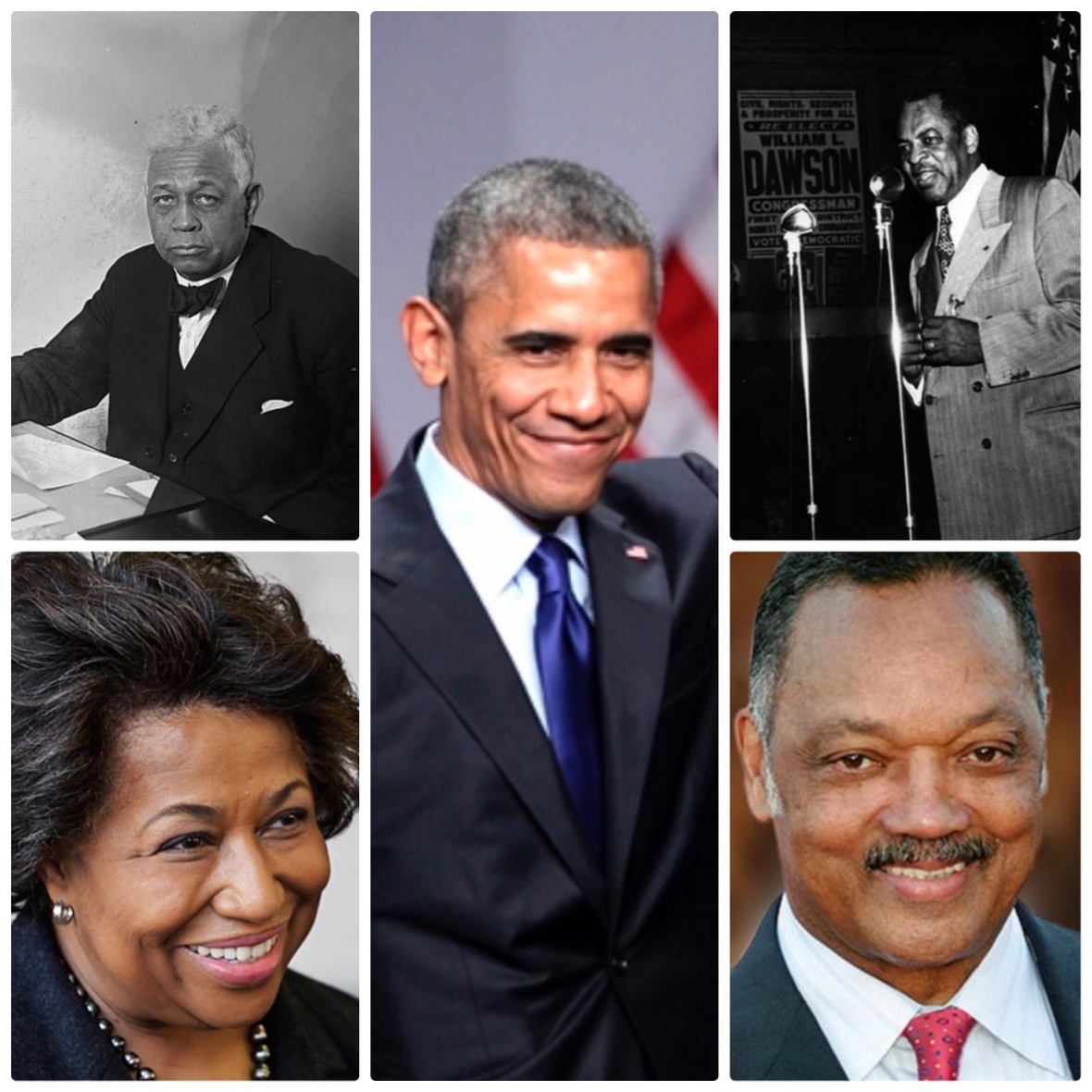
Chicago has a rich history in leading the nation with Black politicians, beginning with the first African American elected to Congress in the 20th Century – Oscar De Priest in 1928.
We had the mighty Congressman William Dawson, who served for 27 years. He rebuilt the South Side with America’s largest public housing along great State Street on the South Side that became a public corridor of segregated poverty, much like a high-rise plantation.
Those South Side sky-rise buildings became a serious and significant Democratic voting block, where it became natural campaigning for politicians to deliver turkeys and hams to poor people in exchange for their votes.
We have made great political strides, with Chicago owning more Black congressional seats than any American city, having elected three sitting congressmen.
In modern history, we elected America’s only African-American female senator in Carol Moseley-Braun, and of course, our pride and joy is Barack Obama, America’s first African-American president.
America’s greatest Black leadership resides on the South Side in Rev. Jesse Louis Jackson, who has conducted Operation PUSH forums every Saturday morning for the past 50 years, and where the politicians come to meet and greet the community on his stage as they seek endorsement and blessing.
Jesse is sitting this mayoral runoff election out without declaring for either candidate, choosing instead to play the consensus builder or senior statesman post-election. His single early endorsement would divide the political players and the political climate in the city – especially in the Black community – even further.
Who Gets The Black Vote?
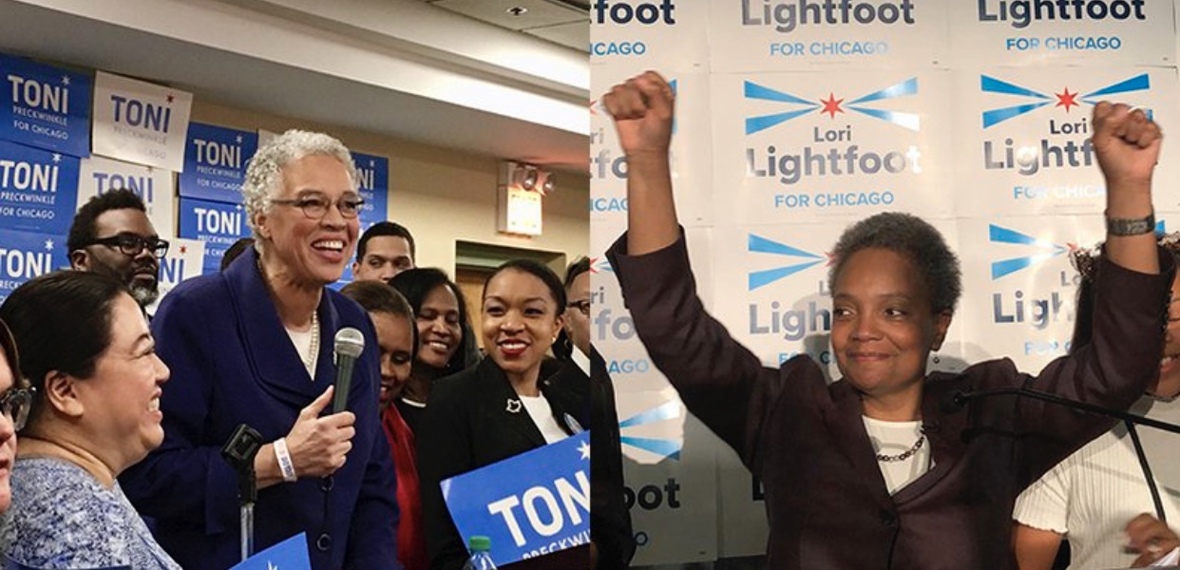
In this election, we have two capable, able, educated African-American women running for the mayor’s seat. But they are different. One, Toni Preckwinkle, has served and climbed the political ladder with study and hard work.
She has rolled up her sleeves and played the political game on both sides. She won, as she became party boss and President of the Cook County Board after leaving the City Council as Alderman of the 4th Ward. Toni has made her very own history.
The other candidate, Lori Lightfoot, is brand new to the political process, but is a keen brilliant observer who is gutsy and ready to step up to the plate with innovation and change, and has no formal links to Chicago’s Democratic Machine.
Both woman suffer a lack of groundswell, consensus Black support, that is, the support from the Black grassroots to the Black elite that elected Harold Washington as Chicago’s first Black mayor. This is major.
The candidates have reached into the white community on all sides of town with appeal. The unions have provided support to both, depending on the union.
Corporate Chicago is undecided as it holds its breath deciding over which one, as neither candidate will be the darling of the business community or champion their causes as previous mayors have done.
So the Black community holds this election in the palm of its voting hands. Who do you vote for? The established progressive or the new progressive? Do you vote for the novice or the experience? Who brings the real change? Which woman has the best opportunity to do the most for Chicago?
Someone has to bring all of Chicago together. Someone has to bring about real change that includes ALL of Chicago, rather than just downtown and Lincoln Park. Someone has to consider the whole of the city and make it inclusive in every aspect, from food deserts to high-rises to outdoor festivals and vacant lots. Just as Chicago didn’t need a great white father, neither do we need a great black mother.
Do you vote for someone who has sat and dined at the table, or do you want a brand new table? Which candidate will bring forth a New Chicago?
The Harold Factor
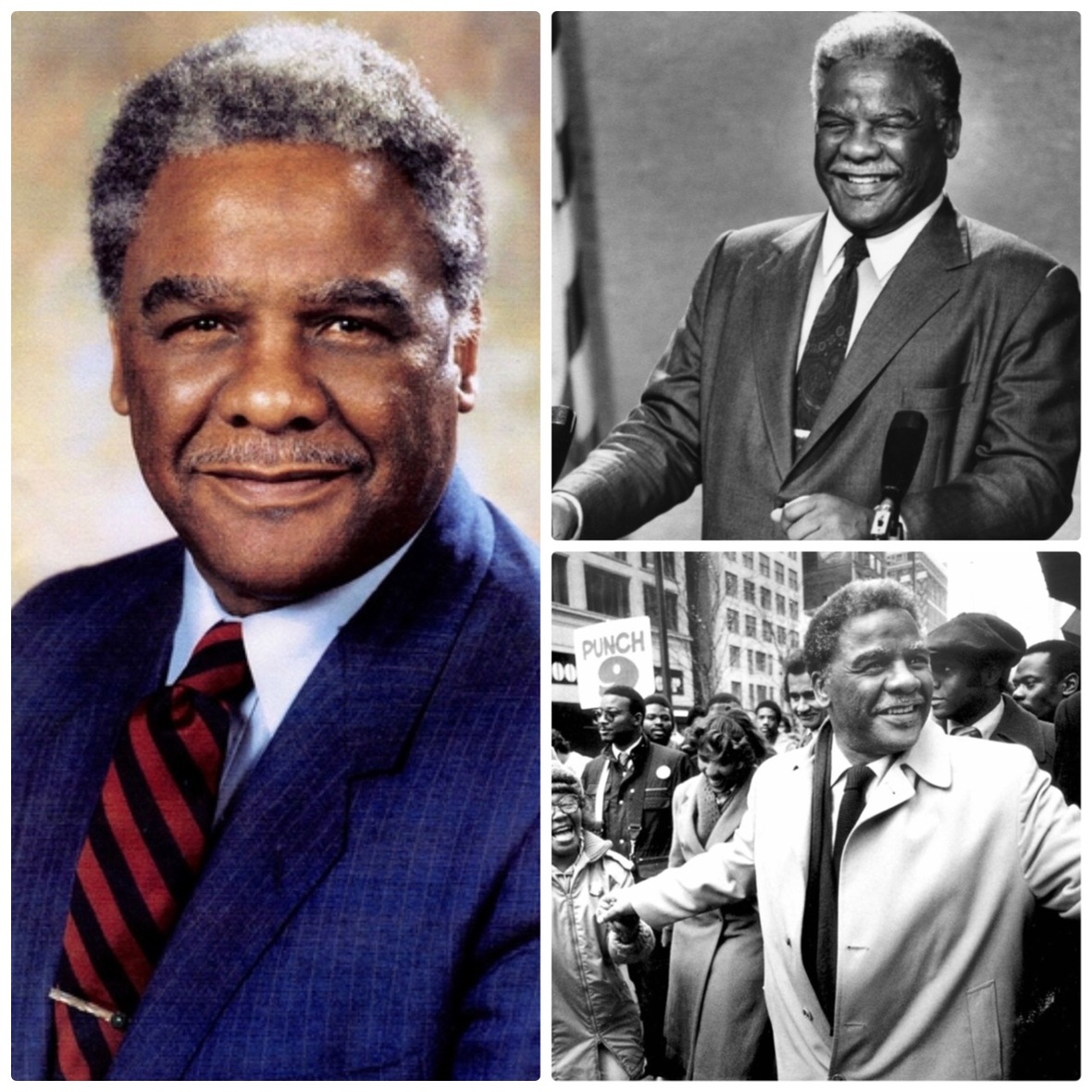
There is a significant divide in the Black community. The millennial, the younger voters, could exercise themselves if they vote. Neither candidate seems really appealing to them, but then again, they didn’t vote for their very own generational cohorts, such as Amara Enyia, in the February 26 election either, which necessitated this April 2 runoff.
I hate the generational divide because it doesn’t unite. I hate the divisiveness of the age factor. I wonder if there is really a generational gap, or is it an educational gap, or is it an experience gap, or is it an opportunity gap that reflects changes in our social order post Martin Luther King and Harold Washington. Is the gap between those who read about the Civil Rights era and those who lived it and made change happen as they lived their millennial days? Dr. King started his career as a millennial and so did Jesse Jackson.
Much is being compared to Harold these days, because he was the first African American to sit on the fifth floor of City Hall. But what should always be remembered about Harold is that he was a master political player who was also masterful in his execution.
There is much too borrow from his legacy. First of all, he united. He didn’t like everybody, but he knew he had to work with everybody. He was a Third Ward Daley machine trained Democrat. He knew the political game inside out and was reluctant to run for mayor in the first place, as he occupied a comfortable congressional seat.
Harold became independent as his popularity grew because of landmark legislation he advanced as a state senator. He knew what he had to do to win – a certain amount of money and a certain amount of new voters. He got both as he challenged the Black community to meet these basic political needs.
Harold talked to many groups and each thought they were the only and special. He was a great listener who had at least a hundred kitchen cabinets. Harold ate and slept politics. He was the mayor and he had as many meetings in his slight Hyde Park apartment as he did at City Hall.
The New Mayor
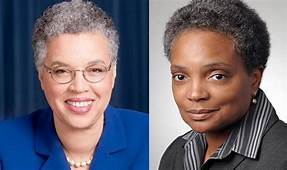
Whoever wins, the new mayor will walk through the door with many problems. The first is the pension fund debt. There might be new appointments, new department heads, a new city council, new demands. Handling all of that will require new ideas to meet the changing times.
The new mayor will be compared most to past mayors. She will be compared to men who wear suits and to women who wear dresses. She will be held to a different standard as she is a different kind of woman, and just because she is a woman, and just because she is a Black woman. The nation will watch closely and may even be overwhelming.
This campaign, including the February 26 election, has proven one thing. It is not always the most money that wins campaigns or the most TV commercials or the worse negative commercials. It is all about that vote. Who can appeal to the most voters to come out and vote, so that Mr. Apathy does not win?
All we have to do is vote, to make a choice. Just vote.


